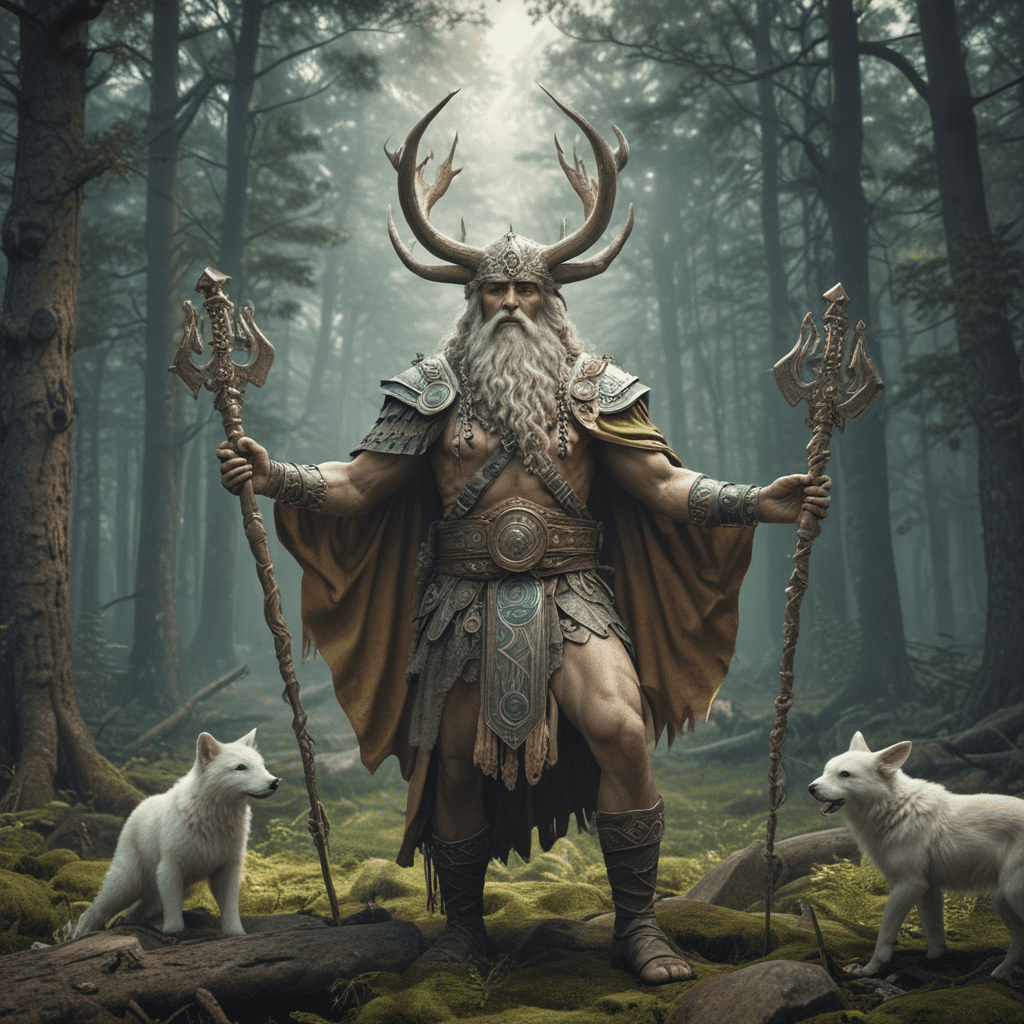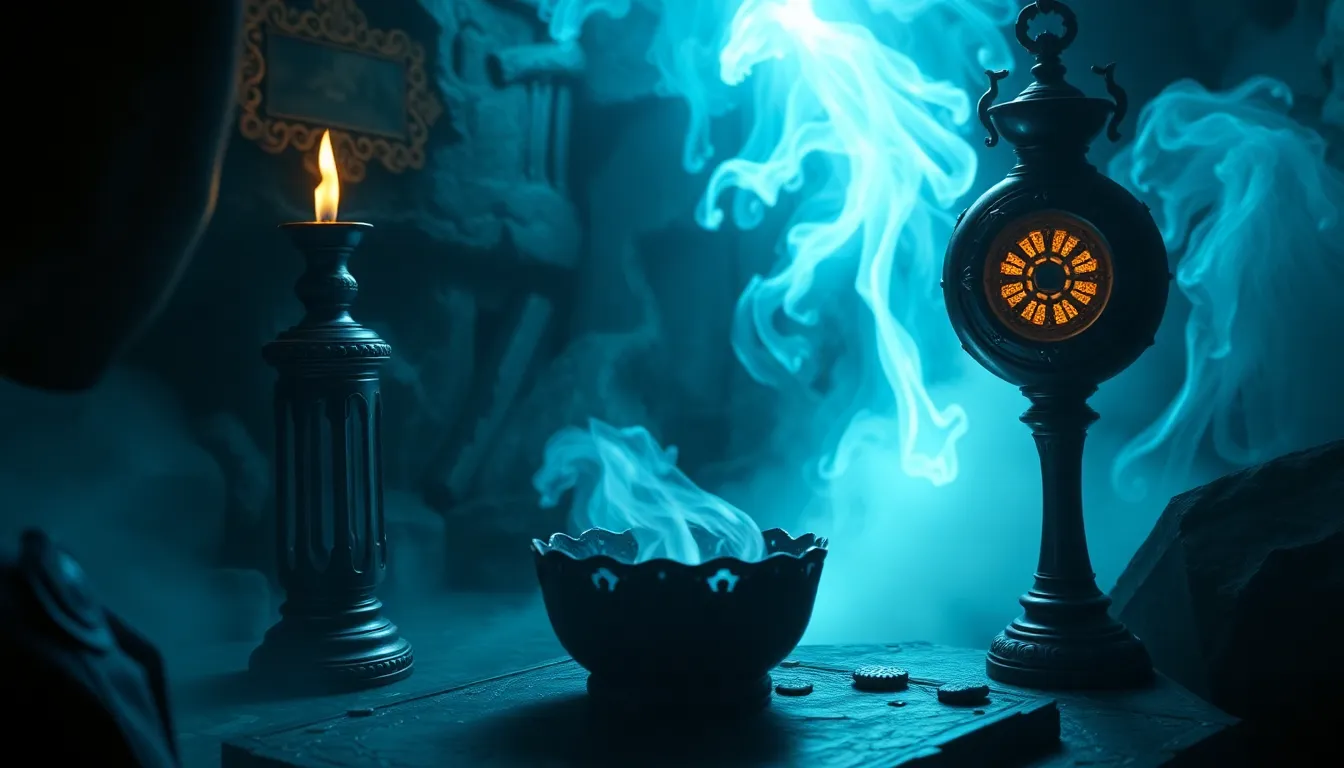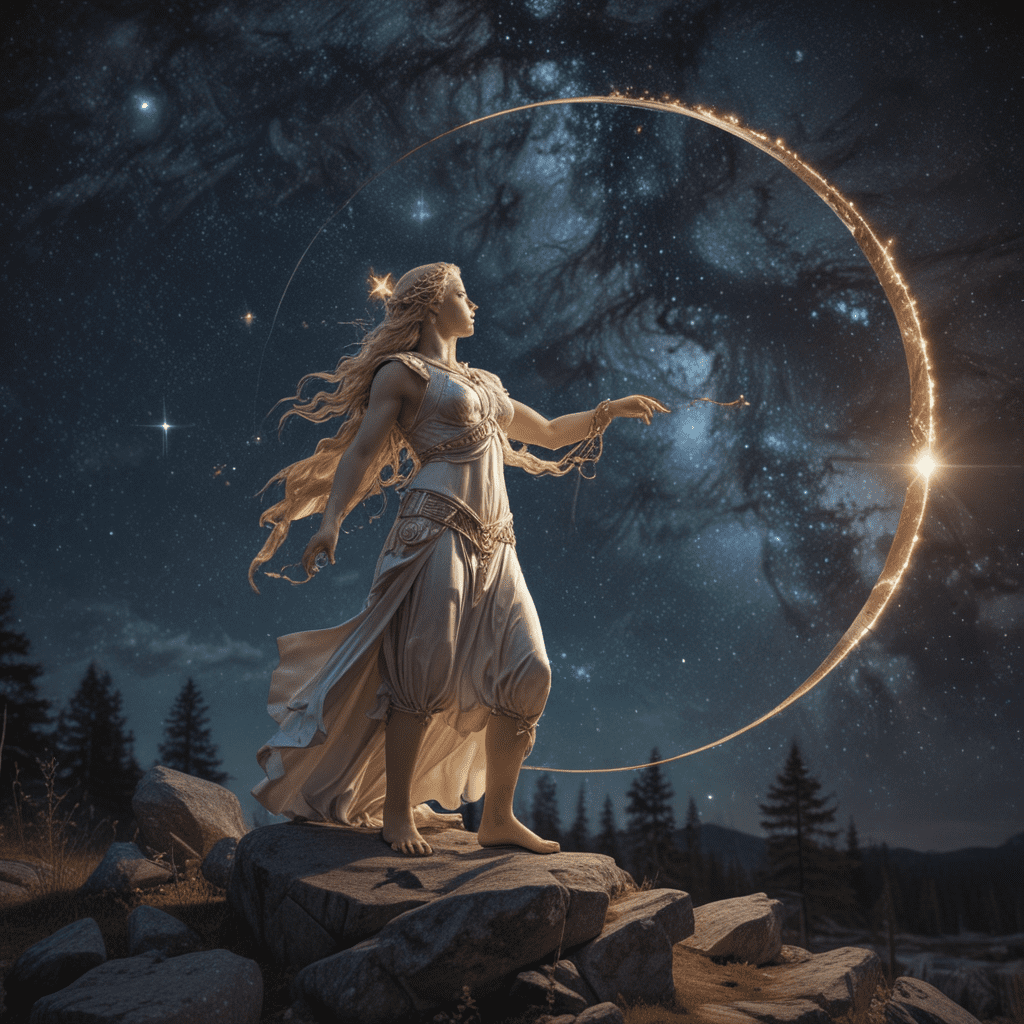Finnish Mythology: The Wisdom of the Ancestors
Finnish mythology encompasses an enchanting realm of legends, deities, and epic narratives that have captivated generations. It offers profound insights into the beliefs and worldview of the ancient Finnish people, providing a glimpse into the origins and essence of their culture.
The Origins of Finnish Mythology
The roots of Finnish mythology can be traced back to ancient animistic practices that attributed spirits and deities to natural elements, such as trees, stones, and bodies of water. These animistic beliefs gradually evolved into organized mythological systems with distinct deities and creation narratives.
The Main Gods and Goddesses of Finnish Mythology
The Finnish pantheon features a diverse cast of deities, each with their own unique powers and roles. Ukko, the thunder god, reigns supreme as the father of the gods and ruler of the heavens. Ilmarinen, the smith god, is known for his exceptional craftsmanship and the creation of magical artifacts. Tuoni, the god of the underworld, governs the realm of the dead.
The Creation Story in Finnish Mythology
According to Finnish mythology, the world originated from a primordial egg laid by a mythical waterfowl. The egg broke into two halves, forming the sky and the earth. Louhi, the mistress of Pohjola, the land of the North, played a pivotal role in shaping the world, creating the stars, moon, and sun.
The Kalevala: The National Epic of Finland
The Kalevala is a renowned epic poem that embodies the heart of Finnish mythology. Composed by Elias Lönnrot in the 19th century, the Kalevala weaves together ancient myths and legends into a captivating tale of heroes, battles, and the origins of the Finnish people.
6. The Heroes and Villains of Finnish Mythology
Finnish mythology abounds with memorable heroes and villains. Väinämöinen, the wise sage, possesses extraordinary knowledge and magical powers. Ilmarinen, the legendary blacksmith, is renowned for his unwavering resolve and exceptional craftsmanship. Lemminkäinen, the rogue trickster, embodies wit, cunning, and a penchant for adventure.
In contrast, Louhi, the powerful mistress of Pohjola, represents a realm of darkness and enchantment. Her daughters, the Maidens of Pohjola, possess captivating beauty and magical abilities. Joukahainen, the cunning trickster, poses a constant threat to the heroes with his deceptive schemes.
7. The Role of Nature in Finnish Mythology
Nature plays a central role in Finnish mythology, with forests, lakes, and rivers holding sacred significance. Forests were believed to be inhabited by spirits and deities, including Tapio, the guardian of the forest, and Nyyrikki, the protector of game. Lakes and rivers were considered pathways to the underworld, connecting the world of the living with the realm of the dead.
8. The Influence of Shamanism on Finnish Mythology
Shamanism, a spiritual practice involving communication with spirits, had a profound influence on Finnish mythology. Shamans were believed to possess the ability to travel between the physical and spiritual worlds, serving as intermediaries between humans and the divine. Their rituals and beliefs contributed significantly to the development of mythological narratives and practices.
9. The Legacy of Finnish Mythology in Contemporary Culture
Finnish mythology continues to exert a profound influence on contemporary Finnish culture. The epic poem Kalevala remains a beloved source of national pride, inspiring countless works of art, literature, and music. The characters and themes of Finnish mythology are woven into modern Finnish society, shaping artistic expression, cultural beliefs, and traditions.
10. Conclusion
Finnish mythology unveils a rich tapestry of legends, deities, and epic narratives that provide invaluable insights into the beliefs and worldview of the ancient Finnish people. The origins of Finnish mythology, its gods and goddesses, creation story, heroes and villains, role of nature, and influence of shamanism offer a glimpse into the depths of a unique and enduring cultural heritage that continues to inspire and captivate generations.
FAQ
Q: What is the significance of the Kalevala?
A: The Kalevala is Finland's national epic poem, embodying the heart of Finnish mythology and serving as an enduring source of national pride and artistic inspiration.
Q: Who is the most important god in Finnish mythology?
A: Ukko, the thunder god, is the supreme deity in Finnish mythology, reigning as the father of the gods and ruler of the heavens.
Q: What role does nature play in Finnish mythology?
A: Nature holds a central role in Finnish mythology, with forests, lakes, and rivers believed to be inhabited by spirits and deities, serving as pathways to the underworld and shaping the beliefs and practices of the ancient Finnish people.



